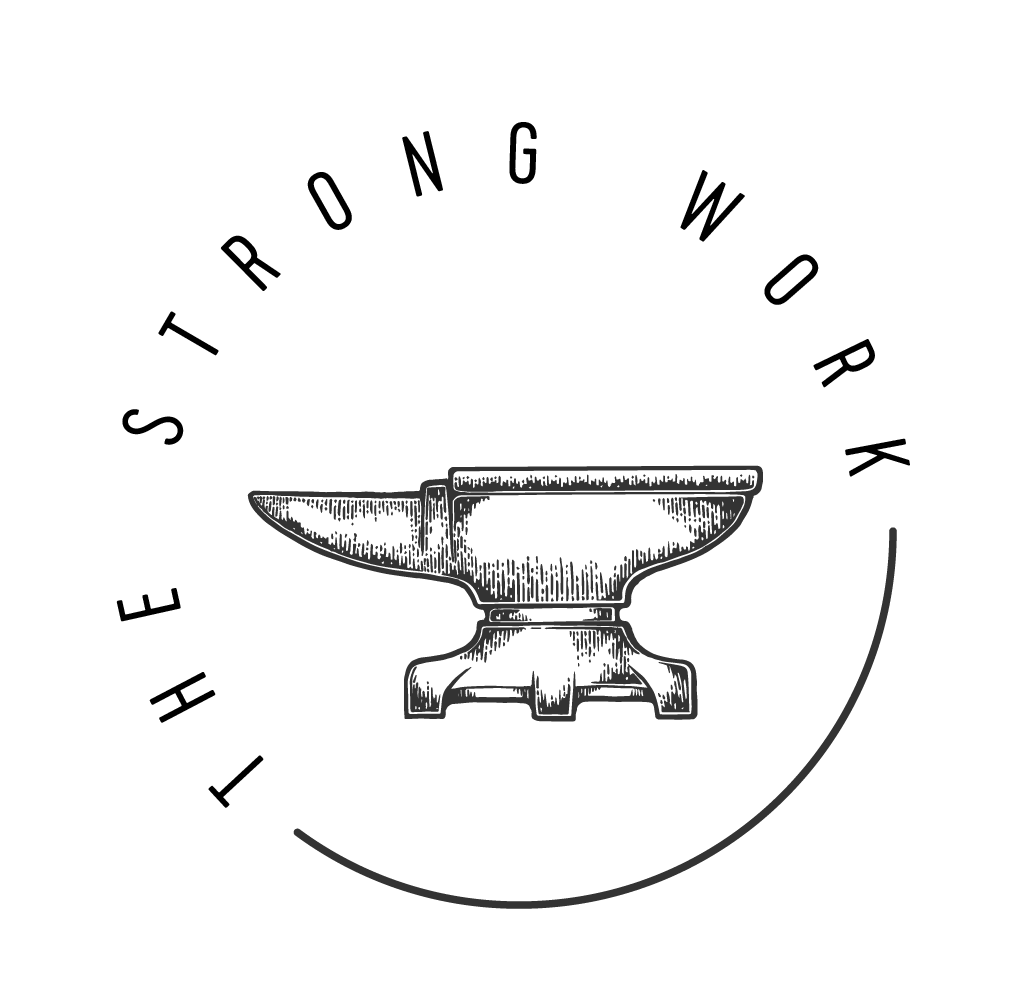Every person has a measure of influence over others. Our leadership ability is measured by how much (and what kind) of influence we have on those whom we lead.
I found this Law to be impactful because he gets right to the heart of what leadership really is – and isn’t. It challenges me to think about areas where I am leading (or tried to lead) and had influence over the group (and when I clearly didn’t). A position doesn’t provide a measure of leadership ability – your influence does.
The Law of Influence
The True Measure of Leadership Is Influence – Nothing More, Nothing Less
He closes the chapter with these sentences, which provides a good summary of this Law. “I love the leadership proverb that says, “He who thinks he leads, but has no followers, is only taking a walk.” If you can’t influence people, then they will not follow you. And if people won’t follow, you are not a leader.”
Mother Theresa as a Leader with Influence
John opens with a depiction of how Mother Theresa was such a great leader. She was small in stature but had incredible influence because she had faith, vision, and passion – and then worked tirelessly to further her cause. He explains how, after founding an organization and leading a team of over 4,000, she was invited to speak at the National Prayer Breakfast in D.C. in 1994. Her speech was pointed and stepped on many toes but, instead of boos, she received respect and applause. John commented – “When a real leader speaks, people listen.”
The Five Myths About Leadership
Leadership cannot be awarded, appointed, or assigned.
- The Management Myth – “leadership is about influencing people to follow, while management focuses on maintaining systems and processes.” “Managers can maintain direction, but often can’t change it.”
- The Entrepreneur Myth – They are not necessarily leaders. They go after opportunities.
- The Knowledge Myth – Sir Francis Bacon said, “Knowledge is power.” But… knowledge alone does not produce a leader. A scientist in a lab might be brilliant – but they aren’t leading anyone anywhere.
- The Pioneer Myth – “To be a leader, a person has to not only be out front, but also have people intentionally coming behind him, following his lead, and acting on his vison.”
- The Position Myth – A title or office doesn’t mean that people will follow you (at least not willingly).
Leaders Who Are Respected
To find a leader in an organization, look for who is respected and to whom people listen when he or she speaks. There are some helpful characteristics or factors that help a person gain influence and become a leader.
- Character – Who they are – begins with the inner person – the genuine person (like Billy Graham).
- Relationships – Who they know – building real relationships develops influence
- Knowledge – What they know – doesn’t make you a leader but information is vital to be able to lead.
- Intuition – What they feel – “recognize and influence intangibles such as energy, morale, and momentum.
- Experience – Where they’ve been – gives people more reason to give you a chance.
- Past Success – What they’ve done – a good track record helps build respect and followers.
- Ability – What they can do – “the bottom line for followers is what a leader is capable of.” On to victory!
Abraham Lincoln as a Leader with Influence
He closes the chapter with a story about how Abraham Lincoln struggled in his early life as a leader without skills and knowledge. He blundered through multiple attempts to lead, only to be met with failure and disappointment. But he was persistent as a leader and his abilities grew so that he was able to influence the nation as the 16th President.
The featured image is a picture I took of a statue of Abraham Lincoln in London. He was so influential, that even the English chose to honor him “across the pond!”
Application Challenge
Review the above list of leadership factors and rate yourself on a scale from 1 to 10 to see which one you usually rely on the most to persuade people to follow you. Which factors could you further develop to become a leader with greater influence?
Reference: Maxwell, John C., The 21 Irrefutable Laws of Leadership: Follow Them and People Will Follow You, (HarperCollins Leadership; Revised & Updated edition, 2007).
To learn about the first law of leadership – The Law of the Lid.
To watch a video of John Maxwell teaching on the Law of Influence – https://www.youtube.com/watch?v=rrZkVgl6U2c&t

